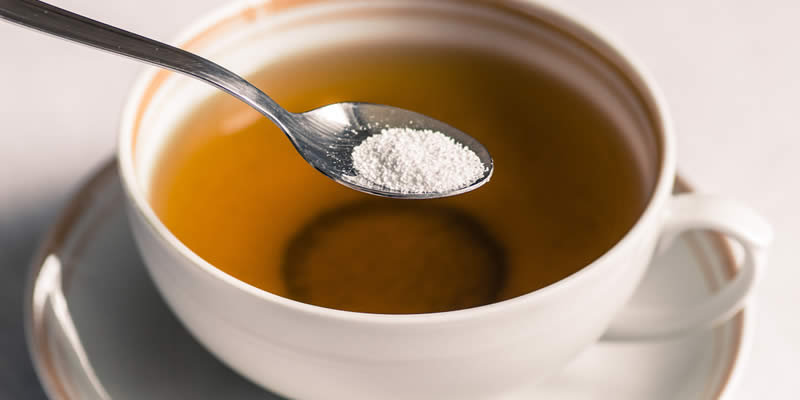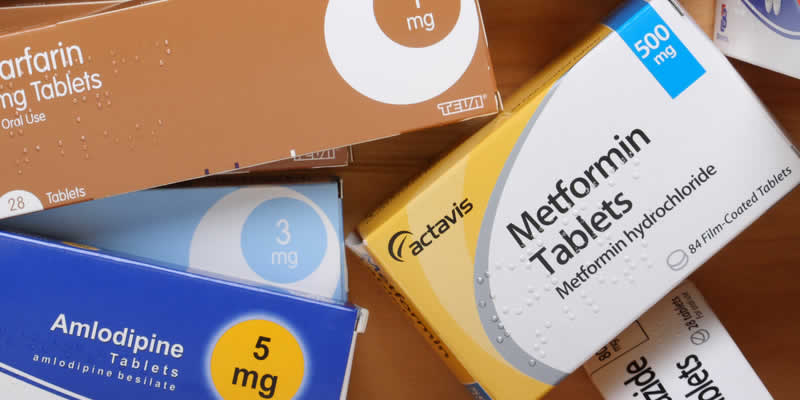The artificial sweetener saccharin does not increase the risk of developing type 2 diabetes in health individuals, researchers have said.
Despite previous studies suggesting the sugar substitute might increase the chance of being diagnosed with the condition, teams from the Ohio State University Wexner Medical Center and the Ohio State University College of Medicine say they have not found any evidence to support this.
Senior author of this latest study, Dr George Kyriazis, assistant professor of biological chemistry and pharmacology at Ohio State, said: “It’s not that the findings of previous studies are wrong, they just didn’t adequately control for things like underlying health conditions, diet choices and lifestyle habits.
“By studying the artificial sweetener saccharin in healthy adults, we’ve isolated its effects and found no change in participants’ gut microbiome or their metabolic profiles, as it was previously suggested.”
The popularity of non-caloric artificial sweeteners have risen in recent years among people who are trying to decrease their sugar intake. Saccharin is one of six artificial sweeteners which have been approved by the Food and Drug Administration (FDA).
- Low-carb diet for 12 weeks put type 2 diabetes into remission
- Losing 10 per cent of body weight doubles the chance of type 2 diabetes remission
Joan Serrano, a researcher in the department of biological chemistry and pharmacology at Ohio State, who was also involved in the trial, said: “Previous studies elsewhere have suggested that consuming artificial sweeteners is associated with metabolic syndrome, weight gain, obesity and non-alcoholic fatty liver disease. These findings have raised concerns that consuming them may lead to adverse public health outcomes, and a lack of well-controlled interventional studies contributed to the confusion.”
The study involved 46 healthy people aged between 18 and 45 with a body mass index of 25 or less.
They were randomly assigned either capsules containing the recommended daily amount of saccharin or a placebo.
After two weeks the researchers did not find any evidence to suggest that the artificial sweetener impacted glucose tolerance, or cause any damage to the gut.
- Gut microbes could pave the way for type 2 diabetes preventative treatments
- Body microbiota combined with obesity and diabetes increases COVID-19 severity
Dr Kyriazis added: “Sugar, on the other hand, is well-documented to contribute to obesity, heart disease and [type 2] diabetes. So when given the choice, artificial sweeteners such as saccharin are the clear winner based on all of the scientific information we currently have.”
The findings have been published in the journal Microbiome.







